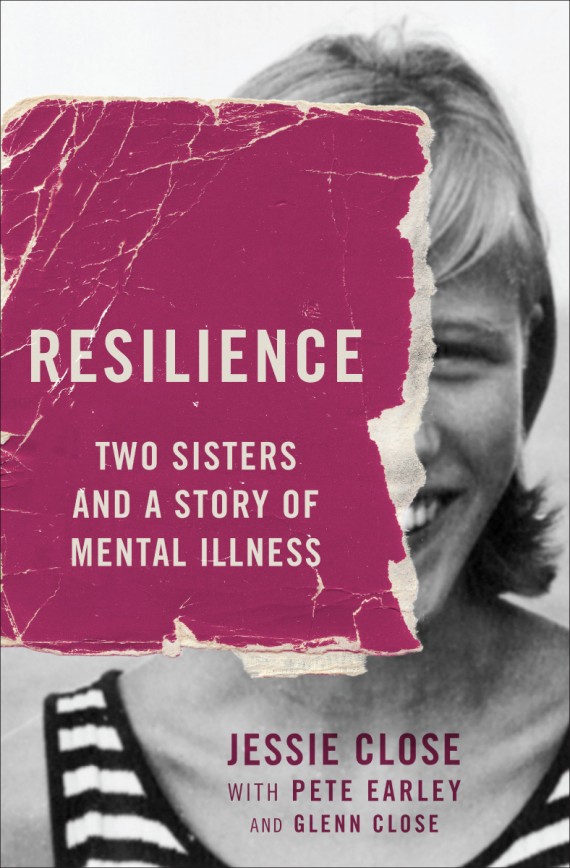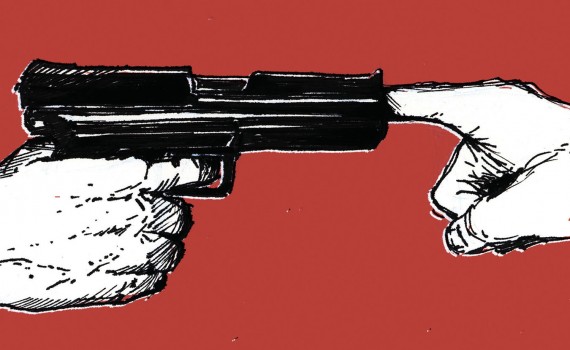
This photo was taken by my son, Evan Luzi, near his apartment. It is untouched – the work of the wind – as the snow around it was clean with no tracks.
Patti and I were in the Virgin Islands taking a rare and long anticipated five day vacation when we heard that a blizzard would be hitting the Washington D.C. area, starting at 4 p.m. on Friday (1-22-16). Patti suggested we catch an earlier flight home on Thursday.
“No way!” I said stubbornly. “I’m not giving up two days of vacation. Besides, weather forecasters are always exaggerating. It makes for better ratings.”
A call to American Airlines set off alarm bells on Friday morning. If we didn’t leave the island immediately, we would be stuck in St. Thomas until late Tuesday night. Stuck?
Ordinarily, the threat of being forced to stay in a tropical paradise while the entire upper East Coast was under three feet of snow would be a no-brainer. Bring me another Pina Colada while I watch a perfect Caribbean sunset, please.
But I was scheduled to testify before the U.S. Senate Judiciary Committee on Tuesday (1-26-15) about the importance of Crisis Intervention Team training and jail diversion. I didn’t want to miss that hearing.
Patti and I scrambled to the airport and took off for Miami, the first link of our trip home.
And that is as far as we got on American Airlines, which promptly cancelled the next leg of our flight. We were stranded in Miami on Friday during a downpour of rain. A kind but frazzled flight agent told us that we had been re-booked on a flight that would leave late Tuesday night for Dulles Airport.
“But I have to get back to testify before a Senate committee on Tuesday morning,” I said, hoping that statement would make it sound as if the safety of the entire free world depended on me giving testimony. (I would later learn that Vice President Joe Biden’s flight had been redirected to Miami and that he couldn’t get home to Washington either.)
My plea didn’t work. Worse, American Airlines refused to give us our bags.







